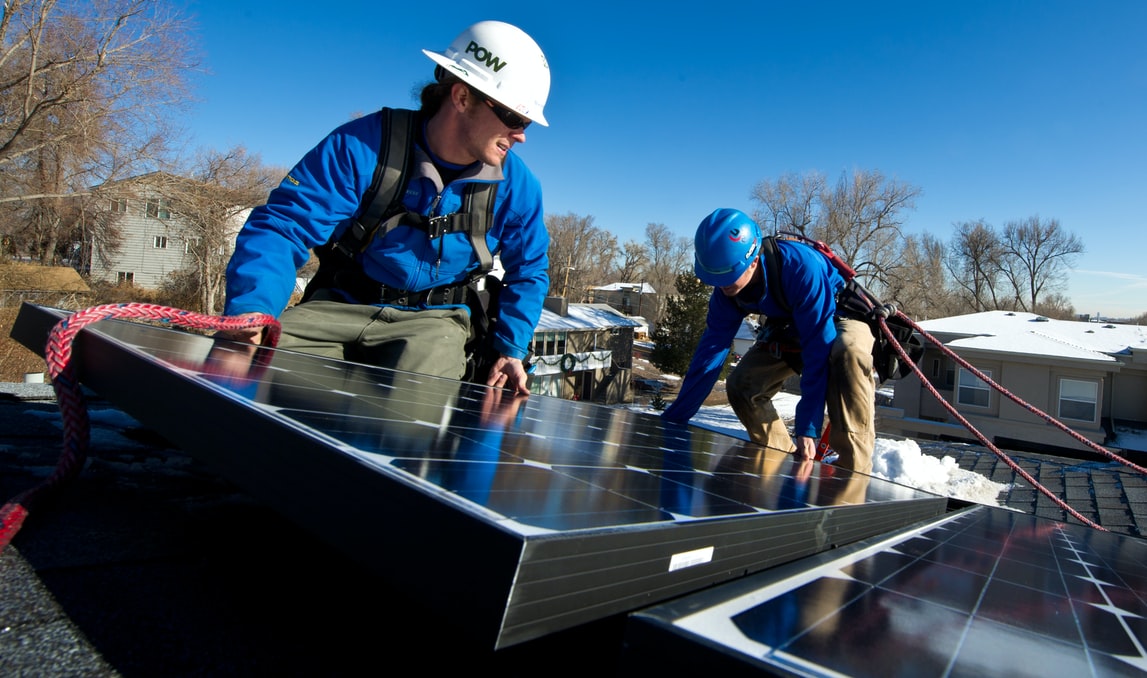https://en.solarbe.com/home/article/info/catId/49/id/5767.html
Florida passes net metering bill that will gut rooftop solar, advocates say, as they call for a veto

Fotolia
As distributed solar penetration increases, states like California and Florida are considering equitable paths forward due to concerns of cost-shifting for utility customers.
The passage of the controversial bill followed a virtual town hall held by solar advocates on Wednesday. Clean energy groups are maintaining that the policy would gut the distributed solar market in Florida.
A draft of the bill was written by NextEra Energy-owned Florida Power & Light and given to legislators as the basis for SB 1024 and HB 741, according to documents obtained by the Miami Herald last year, prompting advocates to further criticize the bill in recent months.
The state was poised to surpass North Carolina as the Southeast state with the most total solar installed, according to an annual report from the Southern Alliance for Clean Energy (SACE). The state had 593 MW of distributed solar in 2020, and was poised to grow to 873 MW in 2024.
"FPL just killed the customer-owned solar market or at least it's significantly throttled" it, said Stephen Smith, executive director of SACE.
Other projections are less certain. The Florida Senate Committee on Regulated Industries concluded after a January hearing that redesigning the state's net metering rate structure would have "an indeterminate impact" on solar installation and manufacturing, citing state PSC documents.
According to the committee's post-hearing report, "decreasing the credit amount from retail to the full avoided cost may have a positive impact on IOUs." The report cited FPL projections from a September workshop, saying that from 2020 through 2025, Tampa Electric, Duke Florida, FPL and Gulf Power customers that don't use net metering could absorb $719 million in subsidies for customer-owned solar.
"The old rules have fueled a rapidly growing, multi-million-dollar annual subsidy paid for by the vast majority of Floridians who don’t have rooftop solar in support of those who do," said Chris McGrath, FPL spokesperson.
But distributed solar advocates criticized legislators for not doing their own pricing assessment of the "subsidies" created by Florida's current net metering programs program.
The state legislative leadership has "just drunk FPL's line and now they've passed this without really doing the kind of due diligence that you would expect elected officials to do with something that's having such a significant economic impact," Smith said.
Distributed solar advocates, like Vote Solar, say Florida's rooftop solar industry provides $18.3 billion annually in economic impact for the state.
The bill would not impact existing customers for another 20 years, although the committee report said "customers who have already installed systems under the current net metering rule may find that they will have a lower return on their investment than initially predicted."
Decreasing the credit amount for power sent back to the grid from the retail rate to "the full avoided cost" may impact the installation of new renewable generation systems, the report said.
FPL sees the current credit as a "tax" on customers without net metering.
"This legislation would take an important step toward balancing the costs of solar expansion in the state. While it would still potentially lock in hundreds of millions of dollars in extra charges for non-rooftop customers, it importantly directs the Florida Public Service Commission to phase out this regressive tax and make solar energy more equitable for all Floridians, not just the fortunate few," McGrath said.
Other utilities also congratulated the state legislature on the passage of the bill.
"Duke Energy Florida was engaged in the process of reviewing the proposals and looking for creative solutions which would be mutually beneficial to our customers... This bill strikes a balance between all electric consumers, the solar industry and Duke Energy Florida, providing a predictable path for rooftop solar installations while considering the impacts to all electric customers across the state," Ana Gibbs, utility spokesperson, said.
Clean energy groups are maintaining that the policy would gut the distributed solar market in Florida and oppose any fixed fees for net metering customers.
"I have seen these fixed charges go into effect in states like Alabama and Georgia and even if you do have a decent credit for solar exports, you can wipe out the value proposition of rooftop solar just with a monthly charge," Katie Chiles Ottenweller, Southeast director of Vote Solar, said on Wednesday.
"We've been fighting hard to make sure these bills do not go through," Josh Kearns, a board member of the Florida Solar Energy Industries Association, said during Wednesday's virtual rally to oppose the legislation. "We've been reaching out directly [to DeSantis] on.. the public benefit for the entire state of rooftop solar."



